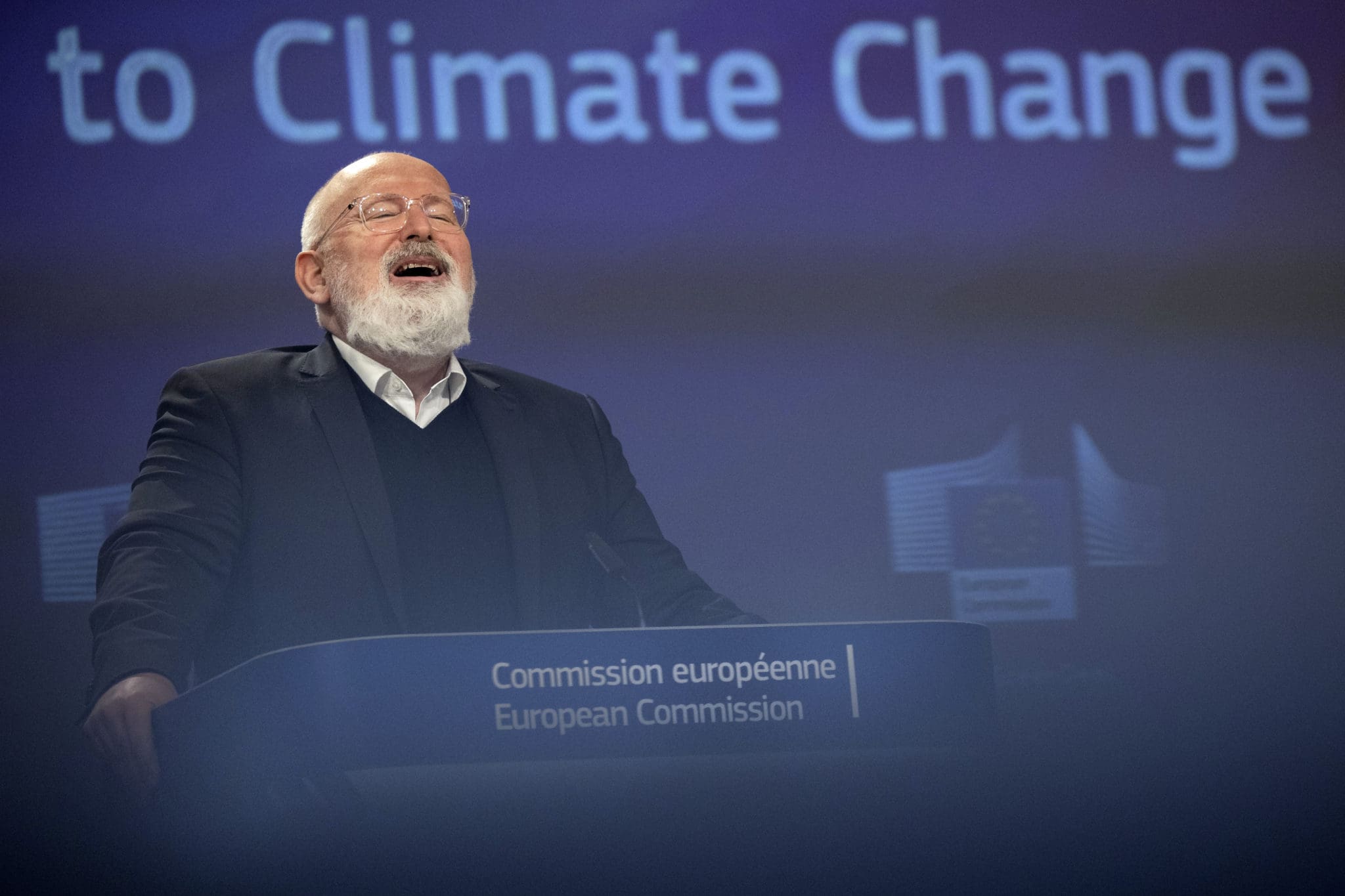The Green Revolution was meant to be a socially just transformation, but today, the legislative machine is moving us toward emission neutrality in just three decades against many people’s wishes. Now, it has become yet another revolution being imposed from above.
Let us put aside the debate over eating worms. What matters for us is that major changes in our lives are being proposed in areas key to our well-being, such as heating our homes in winter or being able to stay mobile in our own vehicles.
It is not surprising therefore that resistance to these ideas is growing. A recent research survey reported that 76 percent of Poles were opposed to the idea of banning the registration of new internal combustion-driven vehicles from 2035. The problems this involves cannot be swept under the rug. Here in Poland, there are three major issues. The first is the question of freedom of choice. The way the EU is presenting its moves as mandatory to achieving climate neutrality is leading to social and political delegitimization of the idea.
The second issue is the problem of inequality. The implementation of the Green Deal should not increase inequality and lead to exclusion of the poor and the old; otherwise, it will give rise to new social divisions.
The third issue is one of security. Maybe in the Netherlands, moving toward electro-mobility and ending the use of oil and coal is possible without damaging the security and resilience of the state and its society. However, in the case of Poland and the region of Central and Eastern Europe, which are now the object of real geopolitical threats and uncertainties, unilateral moves in this direction could be suicidal.






